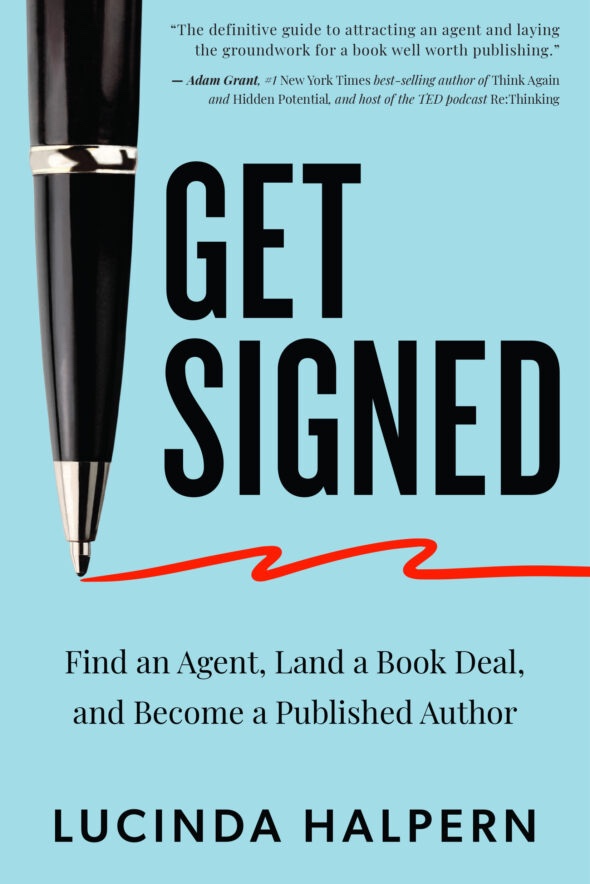Search
An Inside Look at Prepping a Pitch to Publishers
What makes an idea big enough for a book? Whether you’re writing fiction or nonfiction, success starts with a concept that stands out. A big idea isn’t just interesting — it’s bold, timely, and built to grab attention, especially when you’re pitching to agents and publishers. Whether fiction or nonfiction, writers need to think really big when developing their books and pitching them to agents and publishers.
Today, we wanted to talk a bit about the process of what happens once you actually get signed.
Signing with an Agent: What Happens Next?
Lots of writers imagine erroneously that getting an agent means they’re a breath away from a book deal. In reality, once you get an agent, there may still be a ways to go. The reason you’ve entrusted your book (your baby!) with an agent in the first place is because you share a vision with that person…
 You know that, with a good agent, his or her input will make your work infinitely stronger, and more widely appealing. But you must be willing to do the work. Once you’ve gone back and forth in conversations and editing, and the edited material is the best it can be, creating a convincing marketing section (so important!) can also take time and meticulous consideration.
You know that, with a good agent, his or her input will make your work infinitely stronger, and more widely appealing. But you must be willing to do the work. Once you’ve gone back and forth in conversations and editing, and the edited material is the best it can be, creating a convincing marketing section (so important!) can also take time and meticulous consideration.
Hopefully, your agent is asking all of the right questions to illuminate the entire reach of your platform and idea, and brainstorming a creative marketing strategy with you. For some writers, pre-submission marketing can also mean developing a website, a media profile, or a social media presence.
The Submission Process: Behind the Scenes
When the entire “package” is complete, an agent will send the proposal, with what’s called a ‘submission letter,’ out to his or her publishing contacts with whom they have an established relationship.
They’ve spent time and effort getting to know these individuals so that they’re versed in their tastes, and can therefore identify the best matches for your work. The accompanying submission letter is intended to intrigue an editor to read more, and to set the stage for their read of the material; it uses the same kind of enticing language that can later be found in the book’s Amazon description!
In the pandemic world, pitches are done over email vs. over lunch. And it may forever be that way going forward. We actually find the time it takes to sell a project flies by remarkably fast. We like to drive editors with urgency and a sense of competition that requires interested parties to run a project quickly up the flagpole. You’ll often hear Lucinda say that “a book deal happens much faster than you think.”
What a Book Auction Really Means
Most of our projects will go to auction—an incredibly old-school term that calls to mind a gavel, wig, and the raising of paddles. A funny thought for books, and not the case remotely in publishing—an auction for us simply means that publishers have a deadline to submit offers, and in an auction scenario, you’ll need more than one publisher interested in offering. Once bids are in, and the “best” bid is selected by the author and agent, the details of the deal are negotiated. The “best” may not always mean the offer with the largest advance, but rather the best set of circumstances—including, but not limited to—the rights retained, the connection between author and editor, the editorial vision, and the reputation of the imprint.
From Agent to Book Deal: How Long Does It Take?
How long does the process take in entirety, from signing with an agent to selling your book? On average, from development to sale, we see the magic number as about 6 months.
Which is why, if you have a brilliant book idea, you shouldn’t wait too long to query agents.
Want to get our blog posts delivered to your inbox every month? Subscribe here.








